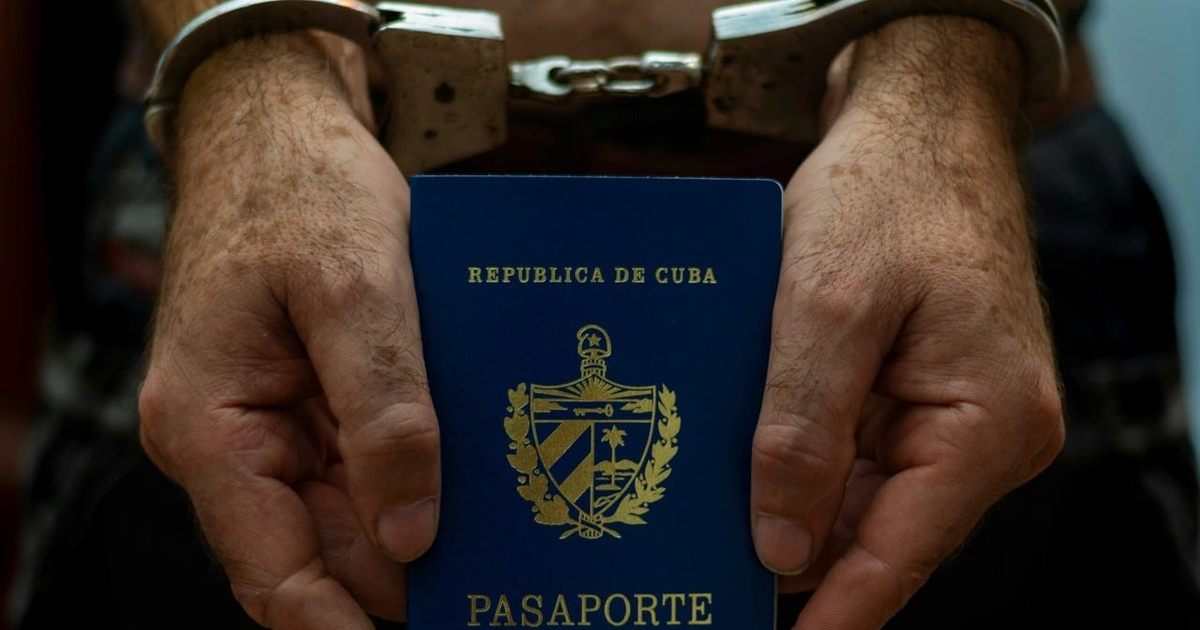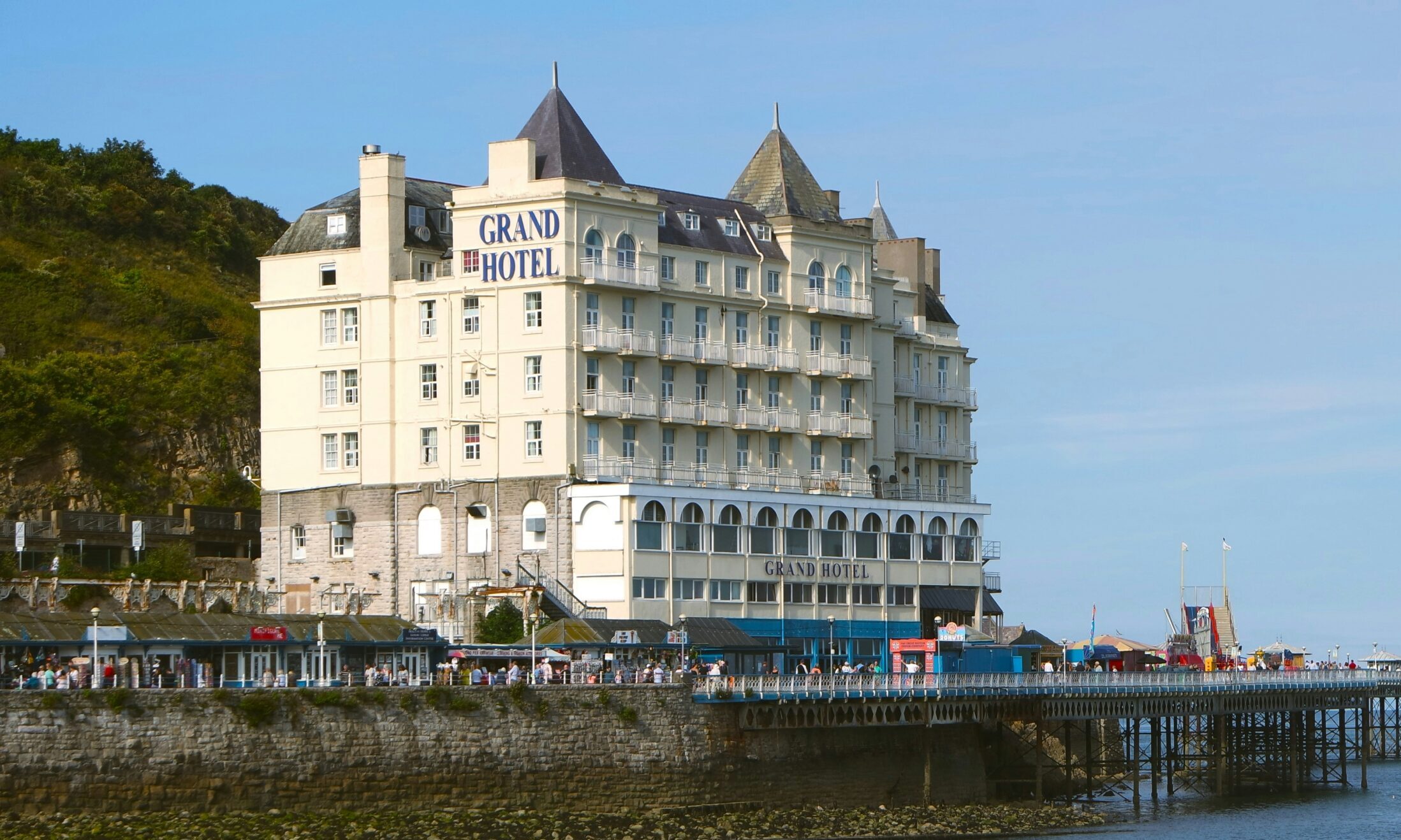
Since President Donald Trump took office for his second term in January, his administration has focused significantly on cracking down on illegal immigration. With approximately one million undocumented immigrants working in the restaurant industry today, according to The U.S. Center for Migration Studies, the foodservice sector has been heavily impacted by these crackdowns.
Here is a timeline of immigration-related legislative actions, executive orders. and events that operators should know.
Jan. 20 – President Trump signs an executive action declaring a national emergency at the Southern border the same day as his inauguration as 47th president of the United States.
Jan. 20 – Trump signs executive order attempting to end parts of birthright citizenship, as stated in the Fourteenth Amendment.
Jan. 23 – Trump declares a “mass influx” of immigrants, allowing the Department of Homeland Security to use local law enforcement to conduct immigration raids across all 50 states. This was the first time since Congress passed the “mass influx” law in 1996 that the emergency provision has been enacted. The provision was set to last 60 days.
Jan. 25 – Trump issues U.S. Immigration and Customs Enforcement officials an order to ramp up migrant arrests to 1,200-1,500 people daily.
Jan. 29 – President Trump signs the Laken Riley Act into law, the first piece of legislation he signed in his second term. The law mandates the federal detention of undocumented immigrants who are accused of theft, burglary, assaulting a law enforcement officer, or any serious violent crime.
Jan. 29 – New York City Hospitality Alliance partners with the Fox Rothschild law firm to release a series of guidelines for businesses that are raided by ICE. The hospitality alliance is one of many restaurant industry-related groups nationally to release guidance on immigration enforcement to business owners.
Feb. 10 – A federal judge in New Hampshire issues a preliminary injunction blocking Trump’s executive order attempting to end large parts of birthright citizenship.
Feb. 24-28 – Three high-profile ICE arrests and convictions of restaurant operators and workers are reported, including four restaurant workers in Peterborough, N.H.; a husband-and-wife team and owners of Jersey Kebab in Haddon Township, N.J.; and the owner of a sushi restaurant in Jacksonville, Fla., who pled guilty to harboring illegal aliens.
March 15 – Trump invokes the Alien Enemies Act of 1798 in order to allow mass deportations of migrants with little or no due process of law.
May 8 – Multiple cities, including Washington, D.C., and Nashville, Tenn., note an uptick in immigration enforcement at restaurants. In D.C., the Department of Homeland Security reportedly visited more than 100 businesses in the area to conduct “worksite enforcement operations” in early May. In Nashville, two restaurants on Broadway in Nashville told local Fox News syndicate, WZTV, that they had to shut down operations because employees fled.
May 16 – The Supreme Court blocks Trump’s invocation of the Alien Enemies Act.
June 6-Present – Reports mount of Los Angeles businesses struggling following Trump’s activation of the National Guard and Marine troops in response to downtown Los Angeles protests. One weekly food festival in Pomona and San Bernardino had to be canceled due to fearful vendors preferring to stay home. Other restaurants and food trucks are cutting back hours due to low turnout.
June 11 – Secretary of Agriculture Brooke Rollins reportedly speaks to Trump concerning the potential impact of immigration crackdown on food production and prices.
June 13 – The Trump administration allegedly directs ICE officials to pause immigration-related arrests and deportations in multiple sectors with high concentrations of immigrant workers, including the agricultural, hotel, and restaurant industries.
June 16 – The Department of Homeland Security reverses the guidance that briefly directed immigration agents to pause enforcement at agricultural, hotel and restaurant workplaces. The daily migrant arrest quota is to remain at 3,000 people.
This timeline is part of an ongoing story and will continue to be updated as more events occur.
Contact Joanna at [email protected]








